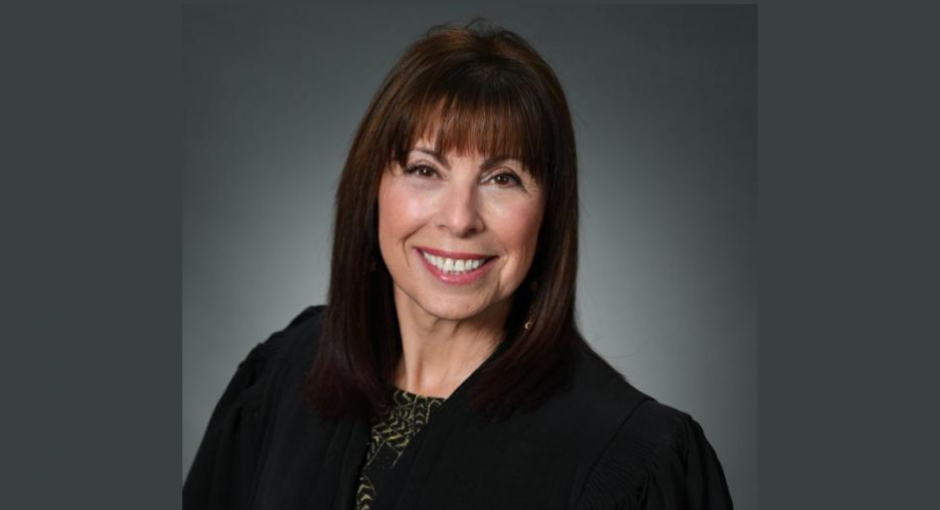A federal district judge this afternoon upheld the federal government’s finding that drug manufacturers Sanofi and Novo Nordisk cannot unilaterally impose restrictions on offers of 340B pricing to covered entities and that their policies must cease.
U.S. Chief District Judge Freda Wolfson of the District of New Jersey, however, vacated the government’s May 17 findings that the companies owe credits or refunds to covered entities and face civil monetary penalties “to the extent that such determinations may depend on the number of permissible contract pharmacy arrangements under the 340B statute.”
Wolfson today also denied Sanofi’s motion to set aside the U.S. Health Resources and Services Administration’s (HRSA) January 2021 340B administrative dispute resolution final rule.
Wolfson said in her 122-page Nov. 5 joint opinion in Sanofi and Novo Nordisk’s individually filed lawsuits against HRSA and the U.S. Health and Human Services Department that HHS must “undertake a more complete assessment of the status quo as to contract pharmacy arrangements to determine whether it is permissible under the 340B statute to enforce a one-size-fits-all contract pharmacy policy, or whether more specific and holistic guidance is necessary.”
“A limitless number of contract pharmacies (or perhaps even a lesser number) may render the overall statutory scheme unworkable, undermine how Congress intended all of § 340B’s provisions to work together, or otherwise affect how HHS can lawfully exercise its enforcement authority—particularly since Congress entrusted HHS to curtail abuses,” Wolfson explained. “Similarly, HHS may need to assess, based on factual evidence and a record, whether it must treat every covered entity the same under the statute with respect to the permissible number of contract pharmacy arrangements, or whether it may devise different benchmarks for determining the appropriate number of contract pharmacy sites for a particular type of covered entity.”
“Tens of thousands of contract pharmacy arrangements exist now, and covered entities have ‘weak’ oversight measures which ‘impede’ their ability to ‘ensure compliance,’” Wolfson wrote. “Covered entities often maintain idle contract pharmacy agreements because doing so may be ‘financially beneficial in the future.’ Retail chains like CVS or Walgreens, which have sprung up in large number since 2010, may use the 340B Program for profit, in particular by declining to pass along drug discounts (defined as a price below the wholesale acquisition cost) to covered patients. And some covered entities never possess the 340B drugs they order under the replenishment model, which Plaintiffs assert is inherently diversionary, while other covered entities use more standard models, which Plaintiffs do not dispute.”
“All to say,” Wolfson wrote, “there may be a point at which the number of contract pharmacy arrangements ceases to advance Program goals, such as making drugs as cheap as possible for underinsured communities, undermines Congress’ other statutory priorities, such as preventing fraud and abuse, or squares better with the needs and characteristics of certain covered entities over others. HHS must therefore undertake a more complete assessment of the status quo as to contract pharmacy arrangements to determine whether it is permissible under the 340B statute to enforce a one-size-fits-all contract pharmacy policy, or whether more specific and holistic guidance is necessary.”
Decision Largely Favorable for Feds and 340B Providers
Wolfson, however, rejected Sanofi and Novo Nordisk’s requests that she “prevent HHS from requiring any contract pharmacy arrangements (though to permit them to do so voluntarily, in their own policies), create out of whole cloth a right for Plaintiffs to impose conditions on offers to covered entities who use multiple contract pharmacies, limit the definition of overcharge without any indicia of legislative intent, and deem the 340B Program an unconstitutional taking—all to dramatically size-down a drug discount scheme that Congress has expanded at least three times since 1992 and has never expressed an intention to abate.”
Wolfson said she upheld these HRSA interpretations in its May 17 violation letters to Sanofi and Novo Nordisk: “(1) the 340B statute permits contract pharmacy arrangements as a dispensing mechanism; (2) Plaintiffs’ policies violate the 340B statute and they may not attach strings to 340B offers; (3) Plaintiffs’ policies constitute an overcharge in the sense of § 340B; and (4) the Violation Letters are not a taking under the Fifth Amendment.”
“However,” she continued, “I do not decide whether the 340B statute permits covered entities to use multiple or unlimited contract pharmacies, and I partially vacate the Letters and remand them to the agency for further consideration consistent with this Opinion.”
This is the second federal court opinion within a week that has ruled that drug manufacturers cannot unilaterally place restrictions on the 340B program. However, like the judge last week Friday, Oct. 29, in Eli Lilly’s contract pharmacy lawsuit, Judge Wolfson remanded HRSA’s violation letters.
Sanofi and Novo Nordisk have not yet responded to requests for comment. Neither has HHS. HRSA said it had no comment.
This is a breaking news story. We will publish a more in-depth article on Wolfson’s 122-page ruling.


